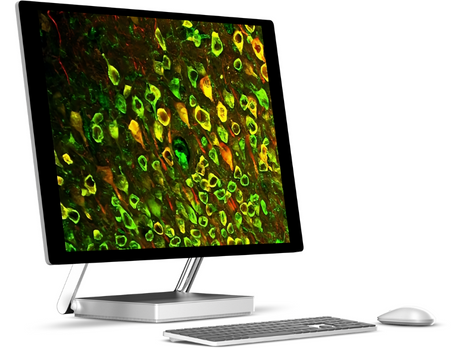
Chronic Stress as the connecting parameter between stress-related depression & Alzheimer’s disease
Although cumulative evidence suggests a continuum between depression and AD, and stress is suggested to play a detrimental role in both diseases…

I am a master student enrolled in the Molecular Genetics master program of School of Sciences, University of Minho. Currently, I am developing my master project entiteled “Therapeutic potential of TUDCA in stress-related brain pathologies”, under supervision of Joana Silva and Sara Duarte-Silva. This project aims to study the potential therapeutical effects of TUDCA against stress-related brain pathologies in vitro and in vivo as well as to further understand TUDCA relation to GR, its role as a modulator of neuroinflammation, ER stress and UPR, and its impact on gene expression.
Since a biochemistry student I’ve been interested in the genetic mechanisms that regulate cell function and while studying more deply molecular genetics during my first year in the master program, I’ve became interested in translating basic molecular mechanisms of receptor activation into neuronal function, studying chronic stress and new possible therapeutic strategies, with old drugs.

I am a master student enrolled in the Molecular Genetics master program of School of Sciences, University of Minho. Currently, I am developing my master project entiteled “Therapeutic potential of TUDCA in stress-related brain pathologies”, under supervision of Joana Silva and Sara Duarte-Silva. This project aims to study the potential therapeutical effects of TUDCA against stress-related brain pathologies in vitro and in vivo as well as to further understand TUDCA relation to GR, its role as a modulator of neuroinflammation, ER stress and UPR, and its impact on gene expression.
Since a biochemistry student I’ve been interested in the genetic mechanisms that regulate cell function and while studying more deply molecular genetics during my first year in the master program, I’ve became interested in translating basic molecular mechanisms of receptor activation into neuronal function, studying chronic stress and new possible therapeutic strategies, with old drugs.

Although cumulative evidence suggests a continuum between depression and AD, and stress is suggested to play a detrimental role in both diseases…



Phone: +351 253 604 967
Fax: +351 253 604 809
Email: icvs.sec@med.uminho.pt
Life and Health Sciences
Research Institute (ICVS)
School of Medicine,
University of Minho,
Campus de Gualtar
4710-057 Braga
Portugal

Copyright ©2022 ICVS. All Rights Reserved



Copyright ©2022 ICVS. All Rights Reserved
Life and Health Sciences
Research Institute (ICVS)
School of Medicine,
University of Minho,
Campus de Gualtar
4710-057 Braga
Portugal



Copyright ©2022 ICVS. All Rights Reserved
Life and Health Sciences
Research Institute (ICVS)
School of Medicine,
University of Minho,
Campus de Gualtar
4710-057 Braga
Portugal

